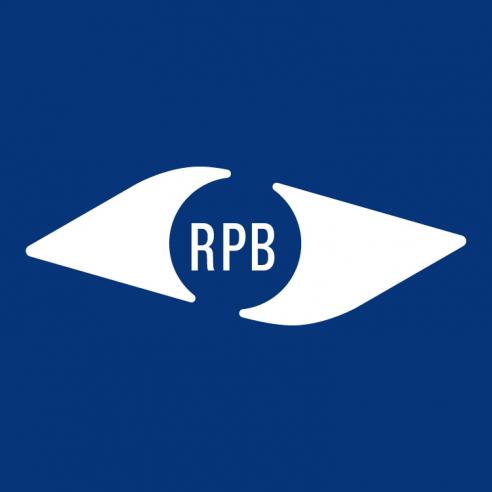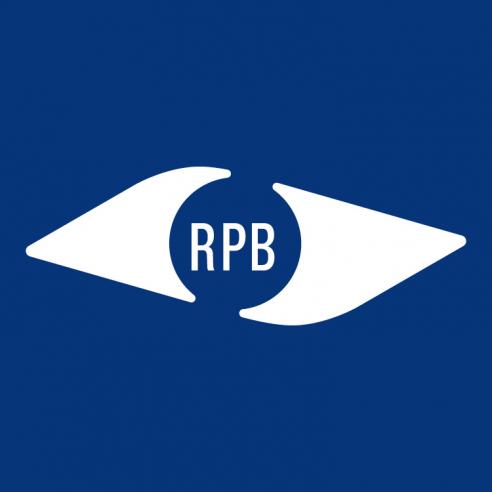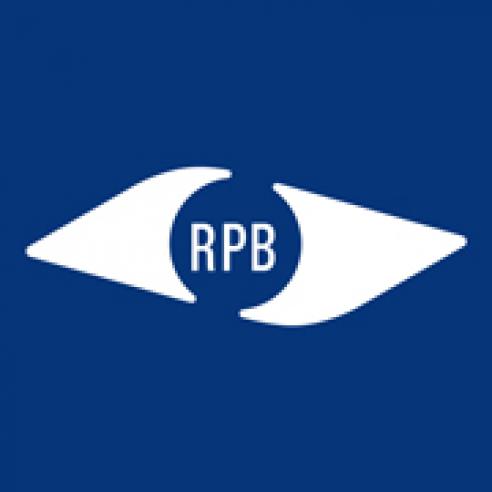RPB researchers are working to improve the management and early detection of glaucoma.
Glaucoma
Click one of the video selections to view.
Glaucoma refers to a group of diseases -- open-angle glaucoma, angle-closure glaucoma, low-tension or normal-tension glaucoma, congenital glaucoma, and secondary glaucoma -- where cells and fibers of the optic nerve are damaged, affecting the transmission of signals from the eye to the brain. It is usually progressive. At first there are no detectable symptoms but, eventually, vision narrows. Glaucoma can lead to blindness, but seldom does when diagnosed and treated early.
View a video presentation on glaucoma from the National Eye Institute.
The eye is filled with nutrient-rich fluid, called aqueous humor. Normal intraocular pressure (IOP) is maintained through a balance between the fluid produced inside the eye and the amount drained. In glaucoma, excess fluid typically builds up because of a blockage of the drainage channels or filtering tissue called the trabecular meshwork. Researchers are developing treatments to help maintain the capacity of these drainage tissues.
Until recently, physicians and scientists believed that damage from glaucoma was solely due to increased intraocular pressure (IOP). Medications and conventional or laser surgeries are typically prescribed to reduce the fluid build-up. Now, though, we know that high IOP does not always cause glaucoma and that glaucoma can even occur when IOP is normal. Research supported by RPB shows that thickness of a patient's cornea may also be related to glaucoma onset.
Glaucoma poses an enormous public health problem. The government estimates that 2.2 million Americans have been diagnosed with glaucoma. Experts believe that nearly 2 million more may have the disease and not know it.
Related News: Glaucoma

Research to Prevent Blindness and Alcon Award Glaucoma Grant
Dr. Alex Huang of the University of California San Diego School of Medicine will study glaucoma filtration surgeries with the aim of improving surgical success for lowering eye pressure and providing neuroprotection.

Research to Prevent Blindness Marks $400 Million in Funding to Advance Eye Disease Research
RPB funds a new round of researchers and hits a milestone in supporting vision-related breakthroughs.

RPB and Association of University Professors of Ophthalmology Announce 2023 Recipient of RPB David F. Weeks Award for Outstanding Vision Research
David J. Calkins, PhD, is recognized for ground-breaking contributions to the field of vision research.

New Glaucoma Research Grant Available
Research to Prevent Blindness and Aerie Pharmaceuticals are partnering to provide grant opportunities to support novel research in glaucoma.

Research to Prevent Blindness and Association of University Professors of Ophthalmology Announce 2022 Recipient of RPB David F. Weeks Award for Outstanding Vision Research
Donald Zack, MD, PhD, is recognized for ground-breaking contributions to the field of vision research.
Subscribe
Get our email updates filled with the latest news from our researchers about preventing vision loss, treating eye disease and even restoring sight. Unsubscribe at any time. Under our privacy policy, we'll never share your contact information with a third party.
| General Info | Grants | News & Resources |




